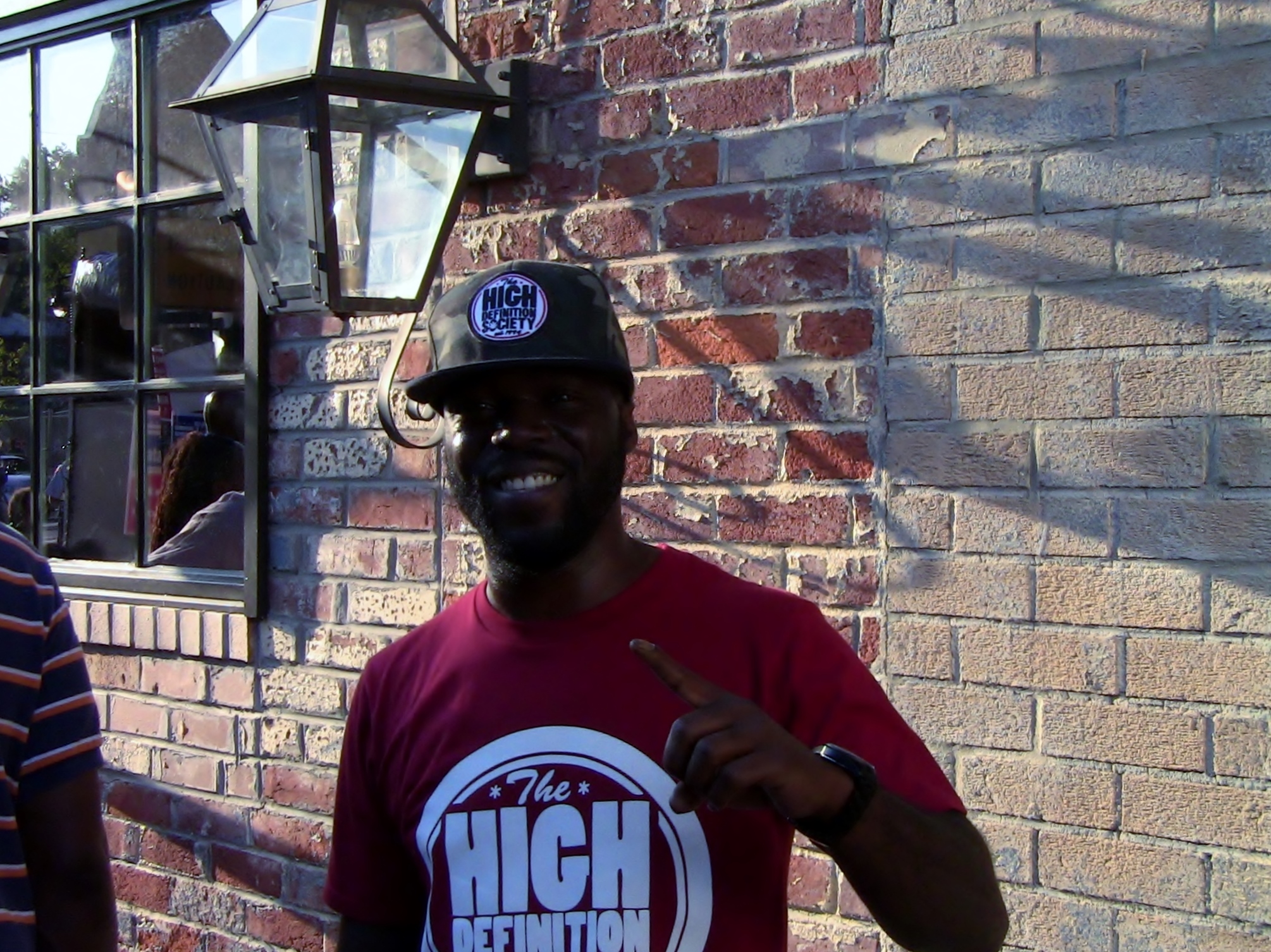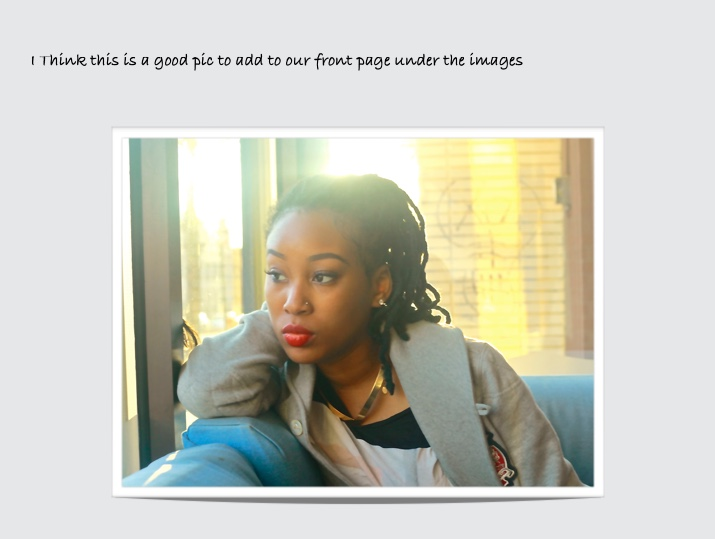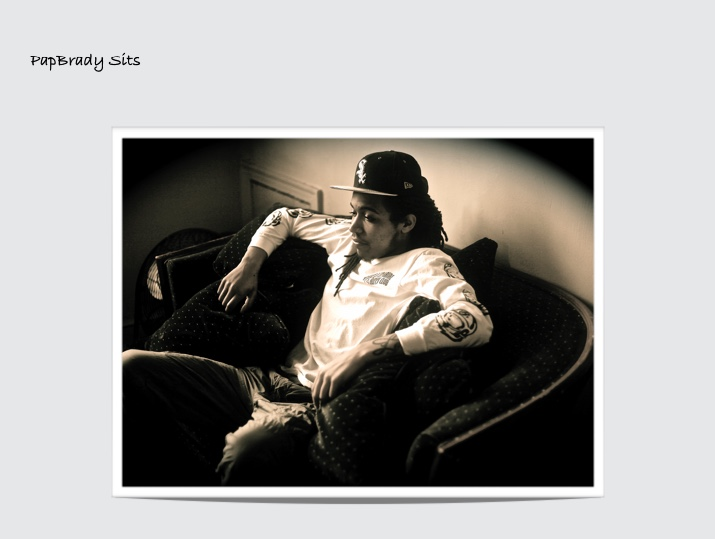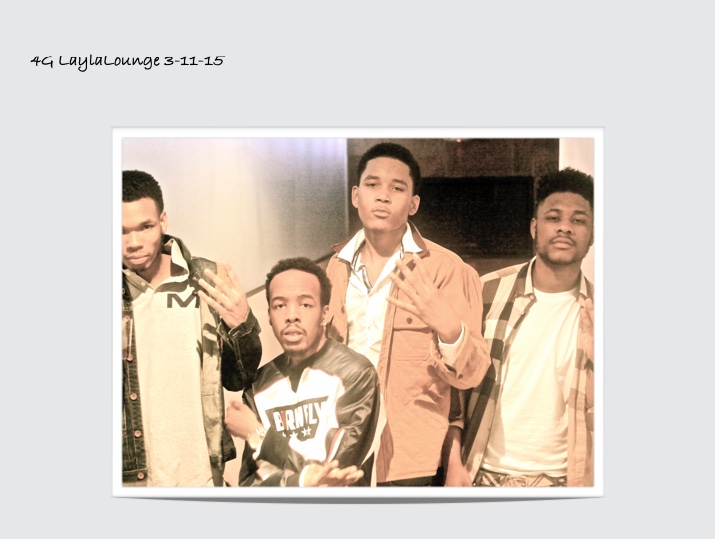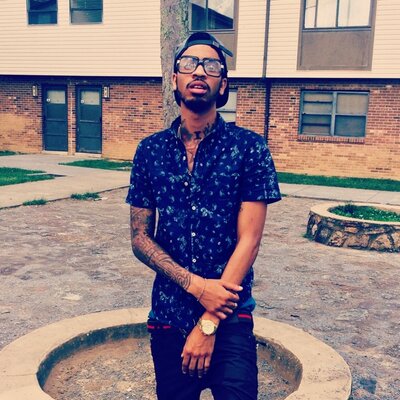50th Anniversary of Barbados Independence Celebration Workshop to be hosted by Award Winning Artist Canty
- Details
- Parent Category: Onstage
On Saturday, December 3rd, Cody Canty (Canty) will conduct the 50 Year Journey art workshop in partnership with the City of Bridgetown Humanitarian Assistance Foundation (COBHAF) and their Youth Academy. The workshop will take place to commence the 50th anniversary of Barbados’ independence.
Canty is an American artist and filmmaker from Baltimore, Maryland noted for his abstract pop style approach to modern street art. Growing up with a mother who was an artist/teacher, Canty’s interest and development in art has always been encouraged and nurtured.
Canty began to study art as early as he can remember, crediting his mother and oldest brother with teaching him to draw as early as he was learning to walk and talk. His love for all things art led him to Full Sail University, where he studied Film and Television. During his tenure at film school, Canty went on to win a Crystal Reel Award for “Best Art Direction and Production Design”, from the Florida Motion Picture and Television Association.

When asked how he feels about conducting the workshop and participating in the celebration of Barbados’ independence, Canty says “It is a privilege to be able to come to the city of Bridgetown during one of the most important times in their culture. I am humbled to share my experience as well as learn from the children through art and culture.”
Children in the COBHAF Youth Academy ages 6 – 17 will join Canty for a day full of learning and fun. The participants will engage in a discussion about their history, current state of their country, what the independence means to them and their art culture. After the discussion Canty will teach them mixed media art techniques to compose pieces that the children will be proud of and the COBHAF can display.
COBHAF – is constituted as a charitable organization, which aims to improve the lives of residents of the City of Bridgetown, Barbados. The City of Bridgetown Humanitarian Assistance Foundation Youth Academy was created to provide opportunities for the youth of the City of Bridgetown to engage in positive, empowering and uplifting activities. Under this initiative, COBHAF Youth Academy endeavours to make a difference by targeting Barbadian youth, to ensure that they remain on a positive path, and to redirect others who have lost their way. The aim is to recreate the environment of a village raising a child through a network of partners including religious houses, academic institutions, corporations, community organizations, and concerned citizens. COBHAF Youth Academy seeks to offer mentoring to provide moral and spiritual development, citizenship training, sports and recreational development and a variety of educational activities including homework and reading programmes, Common Entrance Examination preparation, educational grants and scholarships as well as back to school assistance.
For more information on the COBHAF, visit http://www.barbadostoday.bb/2016/01/17/cobhaf-developing-youth-in-the-city/
State of DC Hip Hop
- Details
- Parent Category: Onstage
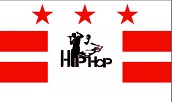
In a June 2016 interview with the Breakfast Club DJ Drama said, “One thing about Atlanta is every 3, 6, 9 months there’s always somebody hot, somebody new.”
Start with that, and as Nicki Minaj says, “Let it soak in like seasoning…” and then weigh it against your own observations about the state of Hip Hop in DC. What did you come up with? That the music industry infrastructures in Atlanta and DC are so wildly different that a fair comparison is impossible to draw? True. But if you conclude that, then it begs the question, “What’s up with that?”
In the past we’ve put a variation of this question to three highly regarded people with insights into the DC music scene; Cathy Hughes, Marcus J. Moore, and DJ Boom. Then we read a recent review by the esteemed music writer Marcus K. Dowling about the “Glowed Up” showcase in which he postulated that we are witnessing a transition in DC Hip Hop that will (maybe) put us on par with major markets. Then we listened to an Tabi Bonney on WLVS Radio where homeboy couldn’t even compile a list of up and coming DC artists, which to be fair is not his job.
In a Sophisticated Sunday interview with us Radio One founder Cathy Hughes said, “This city has produced some of the greatest names in music; Marvin Gaye, Duke Ellington, Roberta Flack, Herb Fame, Billy Stewart; I mean the list is endless. Chuck Brown. Chuck Brown created an entire music genre. He created go-go. But I think it’s always going to be hard for the entertainment industry to get a foothold in DC…”
Nationally known music writer Marcus J. Moore, who is now a senior editor at Bandcamp basically did a must-read primer for any DC artist who seriously wants to get to the next level in his “10 Questions 4” interview with OnStage. Importantly he said, “Too many young rappers want to emulate the people who’ve already got on; they dress and rap like Wale, and wonder why no one takes them seriously. We need more young rappers to provide the alternative, to create art that’s dynamic and different, not just the same cookie-cutter nonsense that’s so popular now. The rap game is a rat race, so when they see someone earning money rhyming a certain way, they feel the need to reinvent the wheel instead of making music with staying power. We need artists to provide the alternative, and stop trying to fit in with the crowd. If everyone else is creating what you’re creating, why should anyone pay attention to you? What makes you stand out? Now that Fat Trel is beginning to make national strides, the field is wide open for someone to take the crown. I just hope the next rapper does something unique. They can’t always pop bottles and sell drugs.”
And Listen Vision Studio founder and owner Jeremy Beaver aka DJ Boom in a December 2012 “10 Questions 4” interview pointed out something that 4 years later still provides the best answer to the Atlanta/ DC comparison; “…what the area seems to be missing is industry, i.e., record labels, management companies, booking agencies, and major corporations willing to work with or utilize the wealth of talent in this area. We have BET, Discovery, XM/Sirius, National Geographic, RIAA, Radio One and others; but their local community integration is limited.”
Put those three observations together you come up with; DC has always been a storehouse of talent but where Hip Hop is concerned even our most talented artists can’t find traction because too much of what they’re doing is emulative as opposed to being groundbreaking, and what’s missing is the same music industry infrastructure in place and available in Atlanta, i.e.., record labels and management companies, marketing professionals and access to distribution networks.
One Umbrella
- Details
- Parent Category: Onstage
Priest, CutDro,Konshens the MC, Ro-Mizzy, Uptown XO, Aleem Bilal




